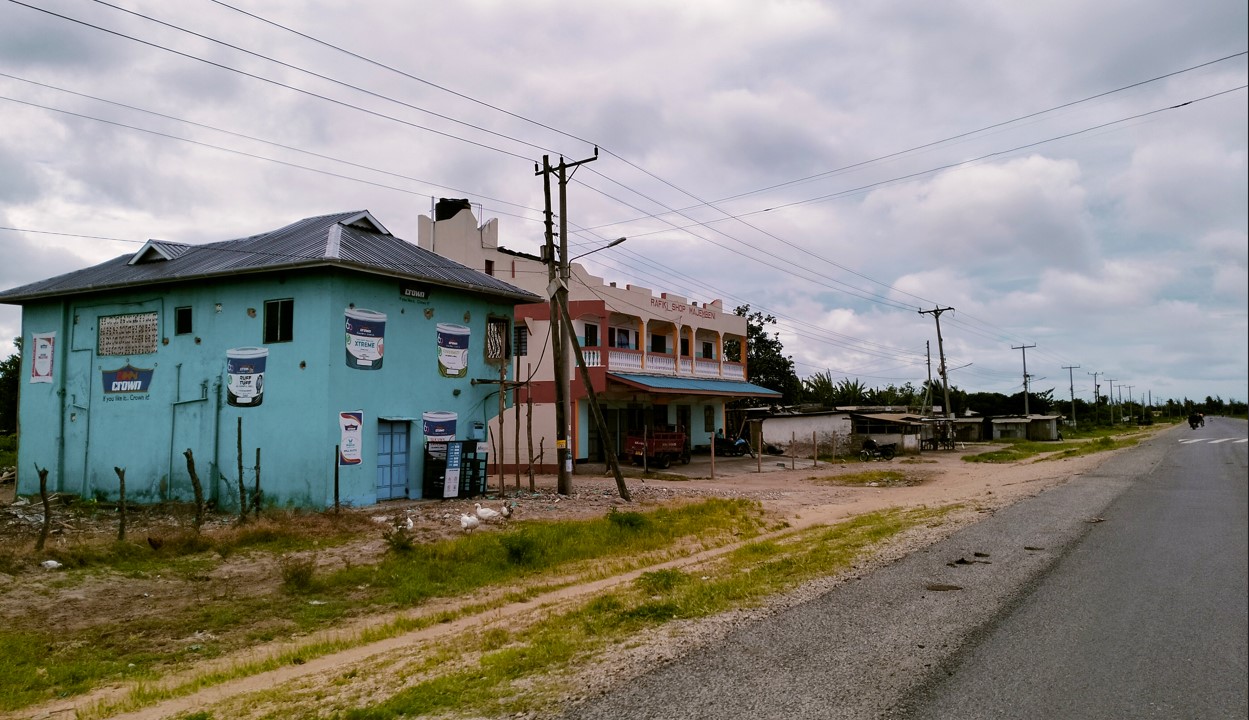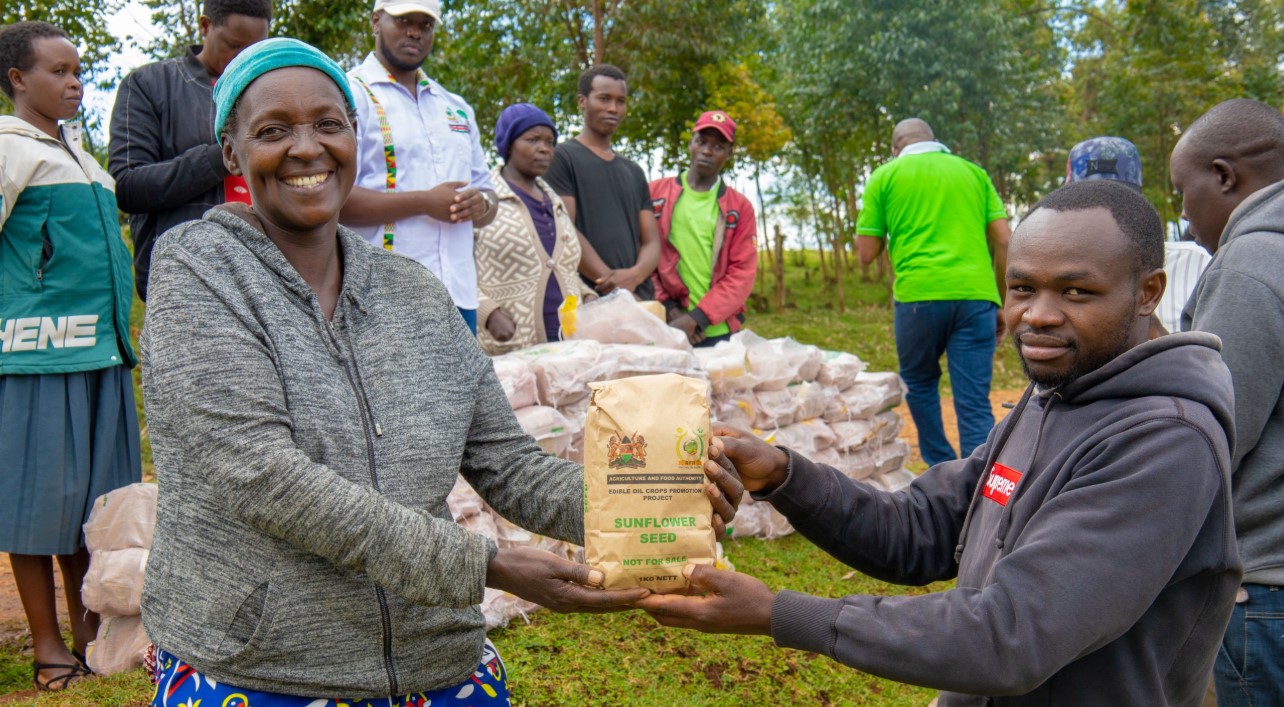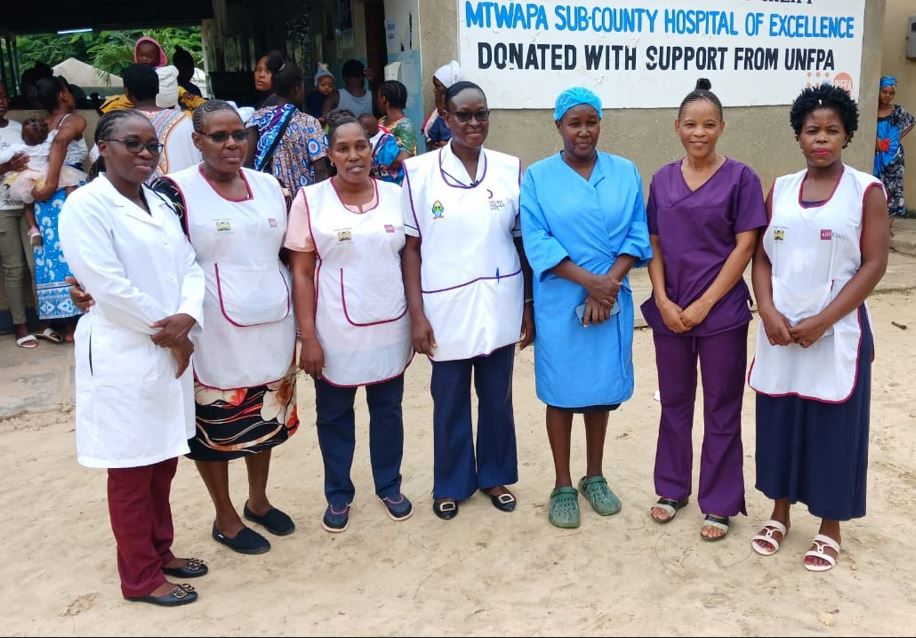Alarm as Wajir County records steady rise in new HIV infections
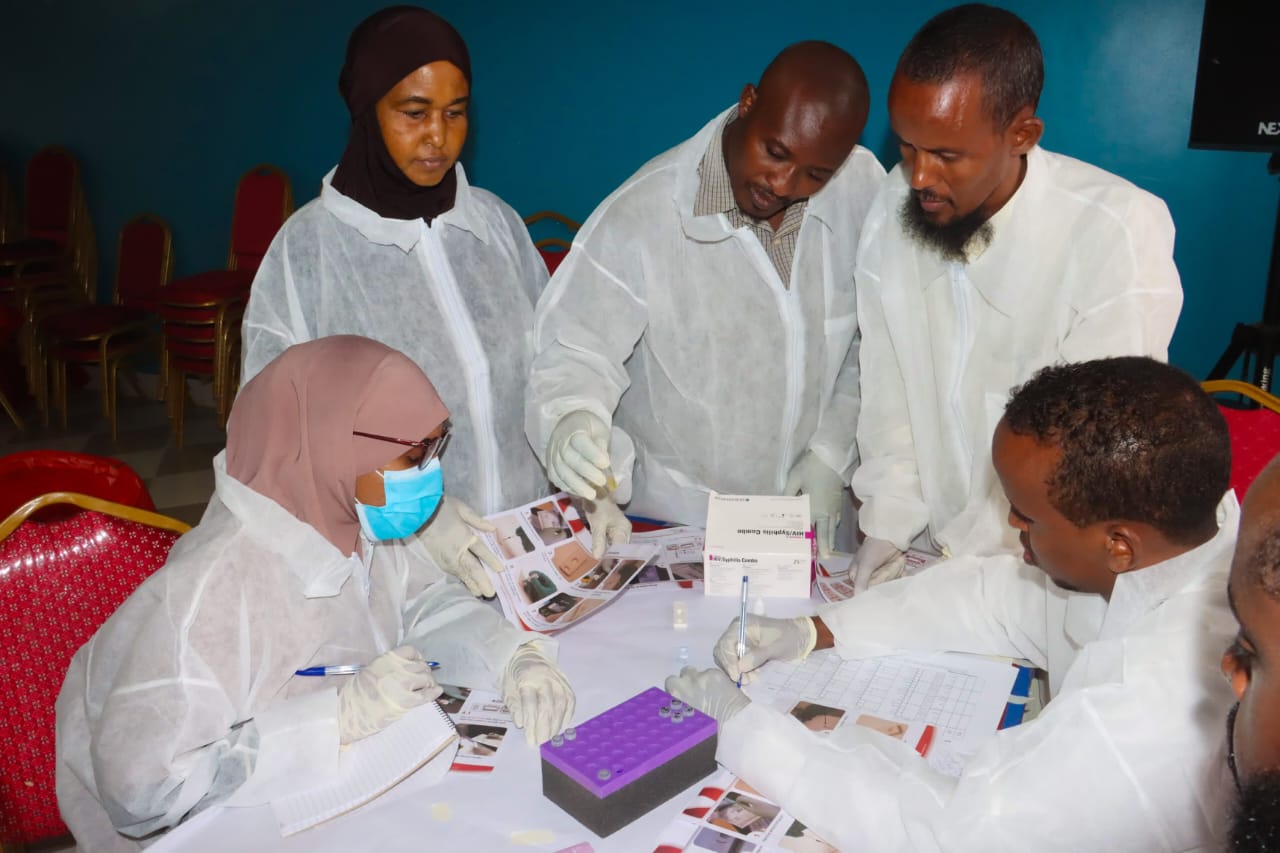
By Yunis Dekow |
Data from the county shows that the majority of the new infections are among individuals aged 15 to 24—young people in a critical stage of exploring relationships and sexuality, and making important life decisions.
Wajir County has seen a concerning rise in new HIV cases over the past four years, with 726 individuals currently infected, an indication of the region's persistent challenges in fighting the disease.
Yussuf Daar, the Wajir County Coordinator for HIV and AIDS, reported that 120 of those affected were children.
Keep reading
"Every year for the last four years, an average of 80 to 90 individuals have been recorded as contracting the disease annually and commencing treatment," Yussuf said.
Health centres conduct an average of 4,500 tests across the county.
Yussuf said the rise is worrying, though the county recorded a prevalence rate lower than the national average, according to past reports by the National Syndemic Disease Control Council.
"Wajir Town, Habasweyne, Bute, and Griftu have recorded the highest new HIV infections," he told The Eastleigh Voice on Sunday.
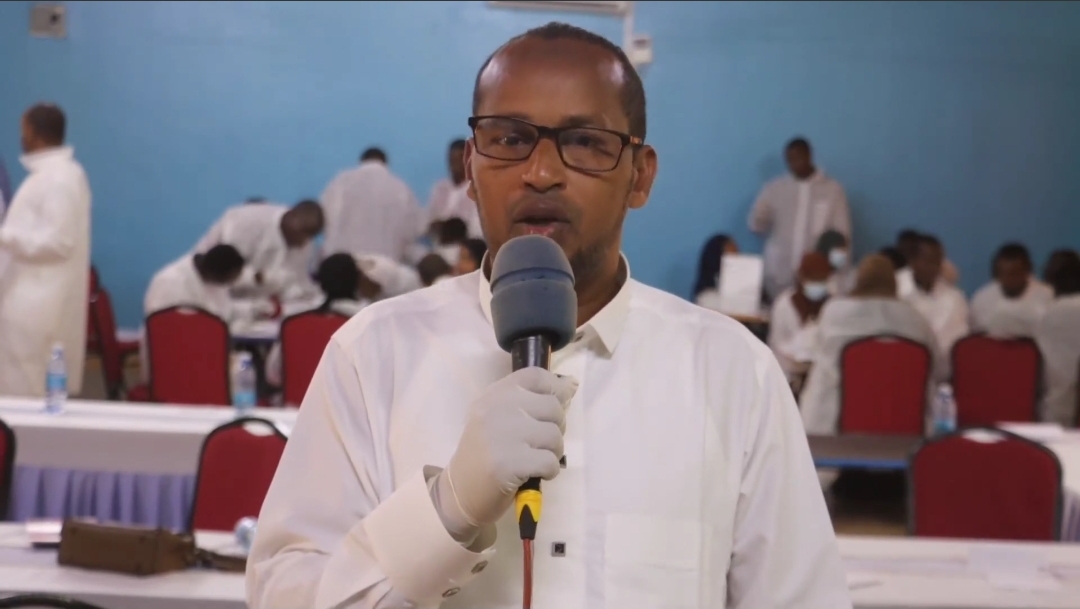 Wajir County HIV and AIDS Coordinator Yussuf Daar speaks on June 8, 2024, during the training of 90 health workers on the WHO-recommended three-test algorithm for precision in HIV diagnosis. (Photo: Mohamed Ankoo/Wajir County)
Wajir County HIV and AIDS Coordinator Yussuf Daar speaks on June 8, 2024, during the training of 90 health workers on the WHO-recommended three-test algorithm for precision in HIV diagnosis. (Photo: Mohamed Ankoo/Wajir County)
Critical age group
According to data from the county, the majority of the new infections are among individuals aged 15 to 24—young people in a critical stage of exploring relationships and sexuality, and making important life decisions.
Zakaria Kassim, a community health worker, said it is crucial for the youth to be aware of the risks associated with HIV transmission and to take proactive measures to protect themselves and their partners.
"Given this alarming revelation, it is imperative now more than ever to stress the importance of HIV prevention strategies among young people in Wajir County," he said.
The health practitioner noted that education and awareness campaigns targeting this age group can play a vital role in promoting safe practices to reduce the disease.
"This will encourage regular testing for HIV, and foster a culture of openness and communication about sexual health."
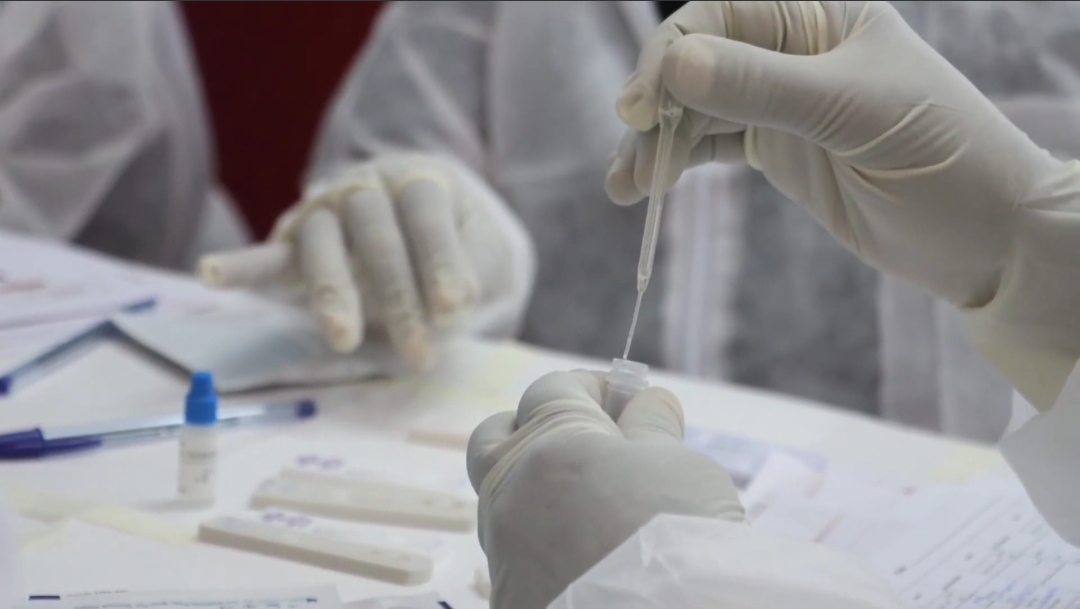 Health workers in Wajir County are trained on June 8, 2024, on the WHO-recommended three-test algorithm algorithm for precision in HIV diagnosis. (Photo: Mohamed Ankoo/Wajir County)
Health workers in Wajir County are trained on June 8, 2024, on the WHO-recommended three-test algorithm algorithm for precision in HIV diagnosis. (Photo: Mohamed Ankoo/Wajir County)
Key contributing factors
The Wajir health department has attributed the increase in new HIV infections to a combination of factors, including drug use, urbanisation, and changing societal norms towards immorality.
Drug use, particularly among vulnerable populations such as injection drug users, increases the risk of HIV transmission through the sharing of contaminated needles.
Urbanisation, with its associated population density and mobility, can create environments where risky sexual behaviours are more prevalent, leading to higher rates of HIV transmission.
Additionally, shifting societal norms and attitudes towards immorality, such as multiple sexual partners or lack of condom use, can further contribute to the spread of HIV.
 Health workers in Wajir County are trained on June 8, 2024, on the WHO-recommended three-test algorithm algorithm for precision in HIV diagnosis. (Photo: Mohamed Ankoo/Wajir County)
Health workers in Wajir County are trained on June 8, 2024, on the WHO-recommended three-test algorithm algorithm for precision in HIV diagnosis. (Photo: Mohamed Ankoo/Wajir County)
Ways forward
Civil society member Hassan Hussein Shuriye urged authorities to initiate programmes aimed at improving health outcomes and the wellness of people living with HIV in Wajir.
Hassan proposed the implementation of programmes "focusing on retention in care and treatment, as well as addressing these issues at service delivery points and county levels."
On Saturday, 90 health workers from health centres in the area concluded training on a new HIV testing algorithm.
The training of the Wajir County Health officials was supported by the National AIDS and STI Control Programme (NASCOP) and was preceded by the training of Trainers of Trainers (TOTs).
Kenya adopted the World Health Organization (WHO)-recommended three-test algorithm for HIV diagnosis in May 2024, to enhance diagnostic precision. It aims to eliminate errors and false positives to become the cornerstone of HIV diagnosis in the county.
The Ministry of Health said that the advances in HIV testing precision affirm its commitment to quality services
Reader comments
Follow Us and Stay Connected!
We'd love for you to join our community and stay updated with our latest stories and updates. Follow us on our social media channels and be part of the conversation!
Let's stay connected and keep the dialogue going!

